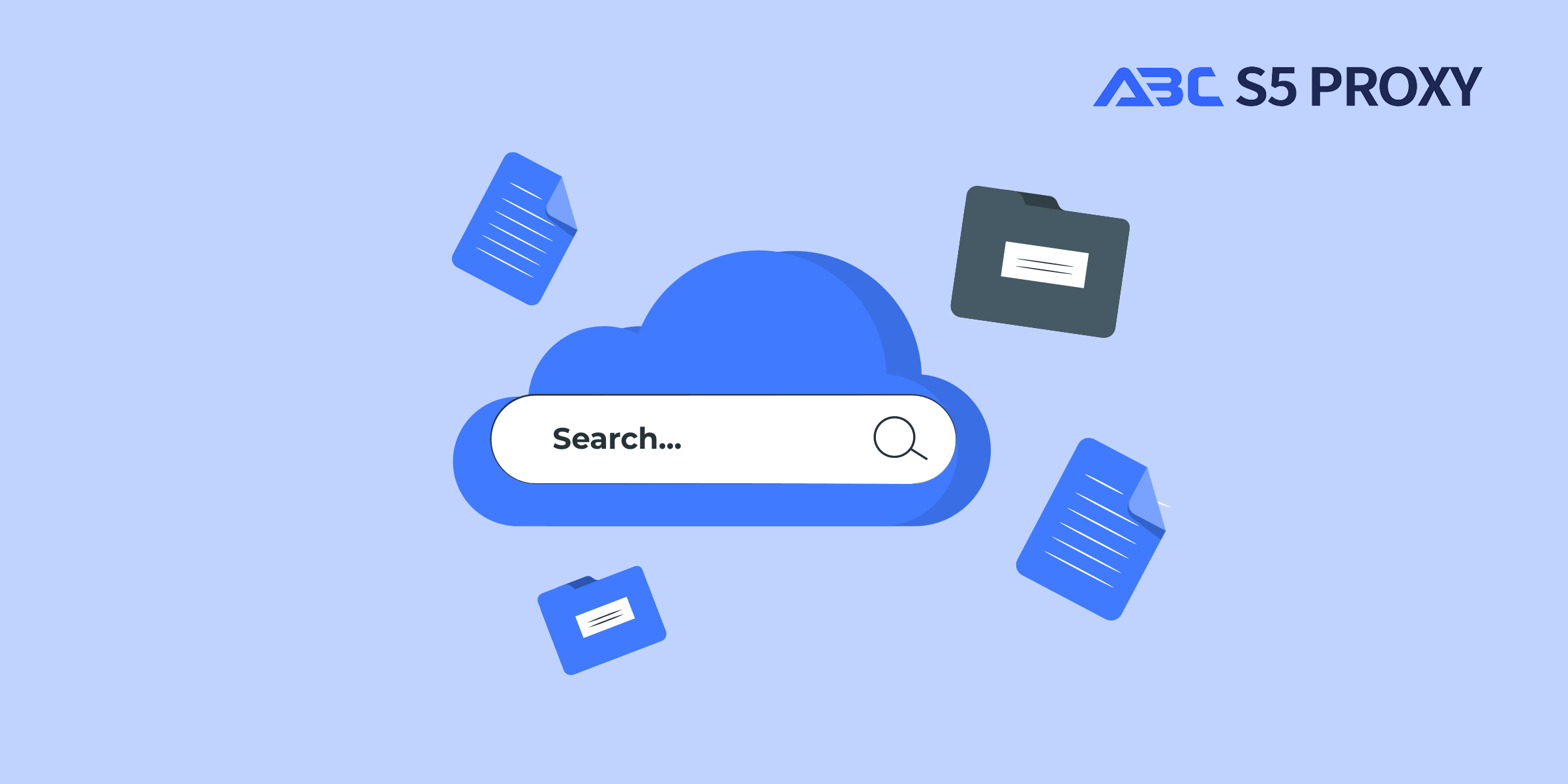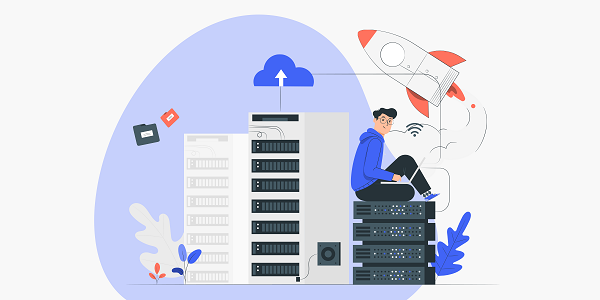Residential Proxies
Allowlisted 200M+ IPs from real ISP. Managed/obtained proxies via dashboard.

Proxies
Residential Proxies
Allowlisted 200M+ IPs from real ISP. Managed/obtained proxies via dashboard.
Residential (Socks5) Proxies
Over 200 million real IPs in 190+ locations,
Unlimited Residential Proxies
Use stable, fast, and furious 700K+ datacenter IPs worldwide.
Static Residential proxies
Long-lasting dedicated proxy, non-rotating residential proxy
Dedicated Datacenter Proxies
Use stable, fast, and furious 700K+ datacenter IPs worldwide.

Web Unblocker
View content as a real user with the help of ABC proxy's dynamic fingerprinting technology.
Proxies
API
Proxy list is generated through an API link and applied to compatible programs after whitelist IP authorization
User+Pass Auth
Create credential freely and use rotating proxies on any device or software without allowlisting IP
Proxy Manager
Manage all proxies using APM interface

Proxies
Residential Proxies
Allowlisted 200M+ IPs from real ISP. Managed/obtained proxies via dashboard.
Starts from
$0.77/ GB
Residential (Socks5) Proxies
Over 200 million real IPs in 190+ locations,
Starts from
$0.045/ IP
Unlimited Residential Proxies
Use stable, fast, and furious 700K+ datacenter IPs worldwide.
Starts from
$79/ Day
Rotating ISP Proxies
ABCProxy's Rotating ISP Proxies guarantee long session time.
Starts from
$0.77/ GB
Static Residential proxies
Long-lasting dedicated proxy, non-rotating residential proxy
Starts from
$5/MONTH
Dedicated Datacenter Proxies
Use stable, fast, and furious 700K+ datacenter IPs worldwide.
Starts from
$4.5/MONTH
Knowledge Base
English
繁體中文
Русский
Indonesia
Português
Español
بالعربية

Enhancing Website Performance with Caching Proxy Servers
In today's fast-paced digital world, website speed and performance are crucial factors that can make or break user experience. Slow-loading websites not only frustrate visitors but also impact search engine rankings. One powerful solution to enhance website performance is the use of caching proxy servers. In this blog post, we will explore what caching proxy servers are, how they work, and the benefits they offer to website owners.
A caching proxy server sits between the client (user's browser) and the web server. Its primary function is to store copies of resources such as web pages, images, CSS files, and scripts requested by users. When a user makes a request for a particular resource, the caching proxy server first checks if it has a cached copy of that resource. If the resource is found in the cache, it can be delivered to the user without needing to fetch it from the original web server, resulting in significantly faster loading times.
When a user accesses a website for the first time, the caching proxy server fetches the resources from the web server and stores them in its cache. The next time the same user requests the same resources, the caching proxy server serves them from its cache, eliminating the need to retrieve them again from the original server. This process not only reduces the load on the web server but also minimizes latency, resulting in faster page loading speeds for users.
1. **Improved Website Loading Speed**: By serving cached content, caching proxy servers drastically reduce the time it takes for web pages to load, leading to a better user experience and higher user retention rates.
2. **Reduced Server Load**: With caching proxy servers handling a significant portion of requests, the origin server experiences reduced load, allowing it to serve dynamic content more efficiently.
3. **Bandwidth Savings**: Caching proxy servers help save bandwidth by serving cached content, especially for frequently accessed resources, reducing overall data transfer costs.
4. **Enhanced Security**: Caching proxy servers can also act as a security barrier by filtering malicious traffic and preventing direct access to the origin server, thus protecting it from potential cyber threats.
5. **Offline Browsing**: Users can access cached content even when they are offline or when there are connectivity issues, ensuring continuous access to essential resources.
To leverage the benefits of caching proxy servers for your website, you can either set up your own caching proxy server using software like Varnish or Squid, or opt for managed caching services offered by hosting providers. It's essential to configure the caching rules properly and regularly monitor the performance to ensure optimal results.
In conclusion, caching proxy servers play a vital role in enhancing website performance by accelerating page loading speeds, reducing server load, saving bandwidth, and improving security. By intelligently implementing caching proxy servers, website owners can create a faster, more efficient, and more secure browsing experience for their users, ultimately leading to increased traffic and improved search engine rankings.
Featured Posts
Popular Products
Residential Proxies
Allowlisted 200M+ IPs from real ISP. Managed/obtained proxies via dashboard.
Residential (Socks5) Proxies
Over 200 million real IPs in 190+ locations,
Unlimited Residential Proxies
Use stable, fast, and furious 700K+ datacenter IPs worldwide.
Rotating ISP Proxies
ABCProxy's Rotating ISP Proxies guarantee long session time.
Residential (Socks5) Proxies
Long-lasting dedicated proxy, non-rotating residential proxy
Dedicated Datacenter Proxies
Use stable, fast, and furious 700K+ datacenter IPs worldwide.
Web Unblocker
View content as a real user with the help of ABC proxy's dynamic fingerprinting technology.
Related articles

How do cloud proxies reconstruct network access patterns
Analyze how cloud proxy technology optimizes network access efficiency through distributed architecture and intelligent routing, and explore its deep integration value with abcproxy proxy IP service.